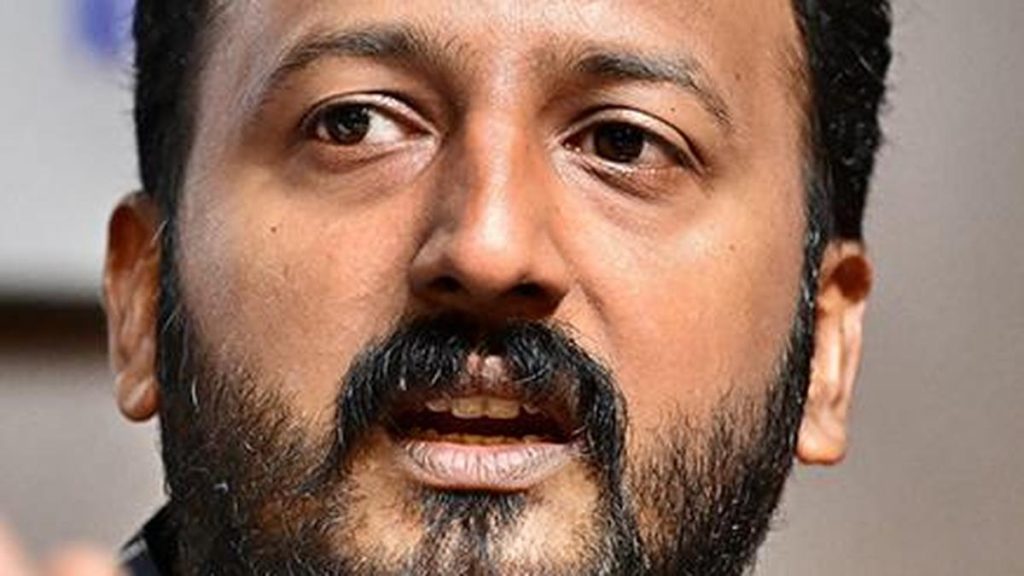Now Reading: Assembly Speaker Gaddam Prasad Issues Notices to Defected MLAs
-
01
Assembly Speaker Gaddam Prasad Issues Notices to Defected MLAs
Assembly Speaker Gaddam Prasad Issues Notices to Defected MLAs

Quick Summary
- Defection Charges: The speaker’s office in Hyderabad has begun issuing disqualification notices under the anti-defection law to 10 MLAs of Bharat Rashtra Samithi (BRS), accused of switching allegiance to Congress.
- Supreme Court Deadline: On July 25, the Supreme Court mandated a three-month deadline for the Speaker’s decision on defection petitions filed by BRS against these MLAs.
- Legal Consultation: Speaker Gaddam Prasad is consulting legal experts and considering procedural steps, including personally delivering notices in sealed covers to ensure constitutional adherence and maintain secrecy.
- MLA Clarifications: The MLAs must respond with their version-either defending their actions or denying defection-and may potentially open discussions about whether distancing themselves from BRS constitutes formal defection.
- Potential Legal Extensions: There are indications that the Speaker might seek an extension from the Supreme Court if clarity is required beyond the three-month deadline without instigating major judicial confrontation.
- Division of Opinion: Debate continues over whether judiciary deadlines encroach upon legislative powers, but a cooperative stance seems likely from the Speaker’s office.
- Controversy into Media Spotlight: Allegations gained prominence after visuals showed some MLAs with Congress symbols (scarves), leading to speculations about party switching. Some legislators contended these meetings were solely related to constituency development.
Indian Opinion Analysis
The unfolding defection case highlights tensions between constitutional processes and political maneuvering in India’s legislative framework. At its core are questions surrounding anti-defection laws, which aim to preserve political integrity while respecting individual rights within party systems. The procedural steps initiated by Hyderabad’s Assembly speaker align with precedent but demonstrate how disputes can spiral into “gray zones” requiring judicial intervention.
For India, anti-defection cases underscore increasing complexities in balancing legal frameworks like deadlines set by courts versus legislative autonomy granted to Speakers under Article 212 of the Constitution. Political ramifications go beyond this legal battle tho; frequent party switching undermines voter trust and challenges governance stability.How this case progresses could have implications for refining or reinterpreting both anti-defection laws and institutional roles between judiciary and legislature moving forward.
Read more at: Indian Express























